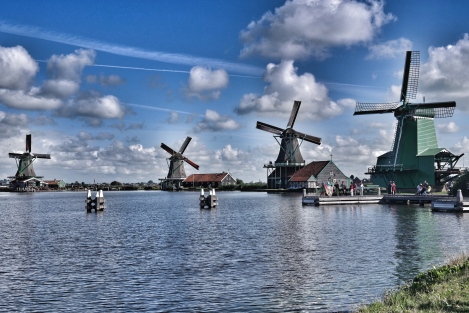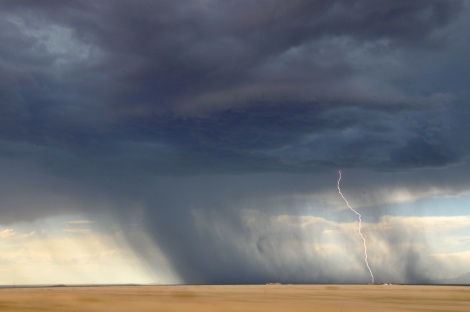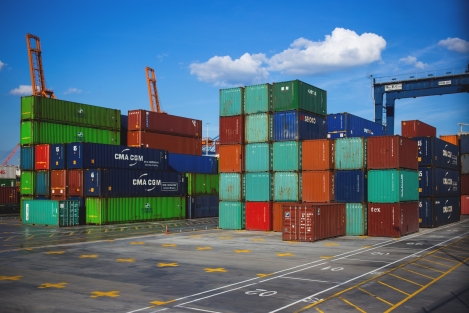Megatrend / Resource Scarcity.
Rapid urbanization, absolute population growth, technological and economic development, and more middle-class consumers – all contribute to the increasing demand for natural resources. If these resources are poorly managed, we can expect environmental degradation and diminished food and water supply. Taking care and restoring the planet is a critical future imperative. The development of new technologies, as well as shifting supply chains, will drive business adaptation and innovation in multiple sectors – as well as impacting the geopolitical balance of economic power.
1. Competition for limited resources
There will be 1.2 billion people more by (mostly seen in developing nations) which means that the demand for energy, commodities, food and water will increase significantly. Our technologies are now smarter and can access resources that initially we regarded as impossible. Even though, finding and accessing new resources will be more difficult and expensive. The global demand for energy will grow by 33% by 2035, going mostly to China, India and the Middle East. Energy efficiency needs to be improved, thus it requires an additional US$420 billion to do so. And as demand for natural resources will grow, its value will increase and the governments will put higher taxes and regulations on them.
2. More choice in alternative energy sources
By 2030, unconventional sources of oil will contribute to 70% of the oil supply growth and will account for nearly 50% of increases in global gas production. With advances such as ultra-deep-water drilling rigs, the global energy production starts to shift away from traditional suppliers in Eurasia and the Middle East to suppliers in Africa, Australia, Brazil and North America – with the potential to shift geopolitical balance of power. Many countries will have to invest in their expertise and find cost-efficient ways to unleash the potential of alternative resources. Consumers will demand more transparency and ask for clean, distributed generation solutions such as rooftop solar photovoltaic units. Investors will become aware of the environmental risks and start to invest in companies that develop transparent carbon reduction and energy-efficient programs.
3. Increasing demand for water, food and energy security
The UN estimates that by 2030 the demand for water will me 40% greater than the possibility to supply, leading to water shortages for almost 50% of the world’s population in emerging nations and 18% in mature economies. Agriculture is the largest consumer of water in the world, accounting for 70% of total withdrawals. Together with growing population, the need to supply food will increase and will raise challenges in managing current and future resources. 90% of the world’s energy production depends on water. Therefore, governments and stakeholders from the food, energy and water sector need to collaborate in order to drive innovation in the supply chain.
4. Innovative approaches to extreme weather events
Extreme weather events – such as cyclonic winds, earthquakes and flooding – will affect two times more people from large cities in the first half of this century, says the UN. Between 1950 and 2010, the Earth’s average temperature rose six times faster than it had between 1890-1950. The extreme weather events that come as a consequence of these changes may pose security challenges in some regions and even serve as catalysts for conflict. Countries need to invest in a resilient infrastructure to protect its citizens from such extreme conditions. Governments will move toward lower-carbon economies through policy instruments like carbon taxes and emission trading programs. Companies will also look more into reducing their carbon footprint by choosing to use materials with low impact.
5. More transparency and security in the global supply chain
Companies have reported that they supply chain and transport risk management have been increasing concerns in their organizations. (Source: World Economic Forum) New practices will be adopted the shipping of goods in order to have a better management solution that will reduce costs and also reduce carbon footprint. Sharing logistics, resource efficiency and recycling will gain popularity. Product and process innovation will become a competitive differentiation, same with transparency. Consumers will demand for greater raw material traceability and transparency of sourcing strategies. Companies that avoid to do so will make their reputation suffer.






